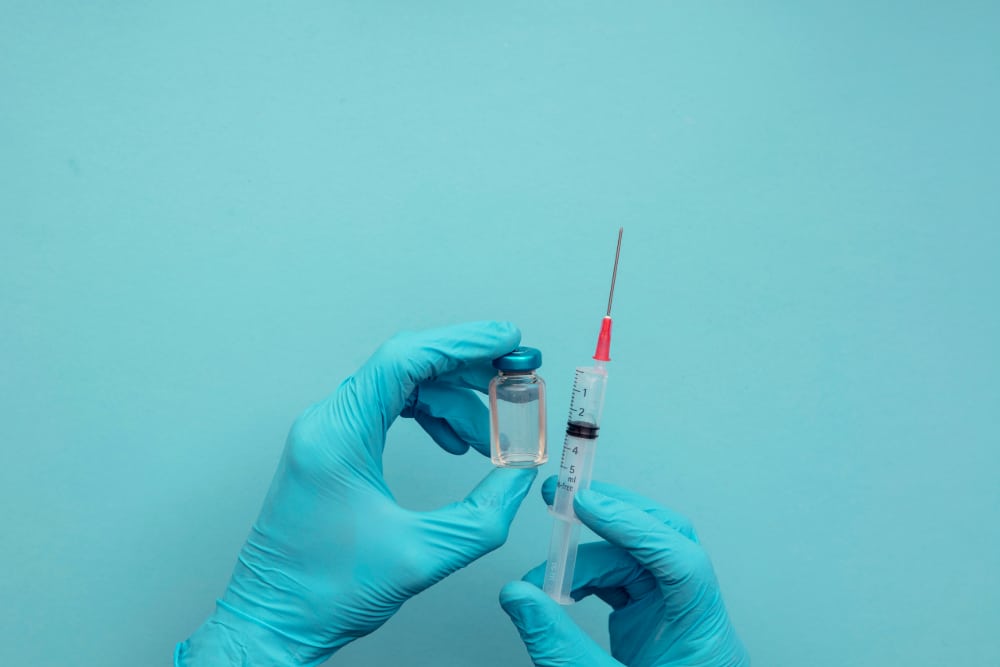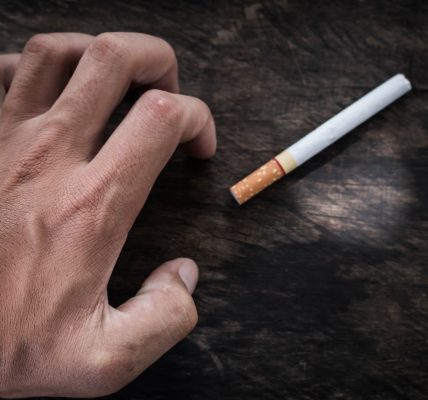Cornell Professor Reports Progress on Vaccine for Cocaine Addiction

A small randomized, controlled trial to test the tolerance for a vaccine that blocks cocaine from reaching the brain finds it also blocks cocaine from reaching the urine. If these results hold up in a larger trial, the vaccine could be useful for those trying to beat cocaine addiction.
The study has not been published yet. It was reported on May 16 at the annual meeting of the American Society of Gene + Cell Therapy (ASGCT) in New Orleans by Stephen M. Kaminsky, professor of research in genetic medicine at Weill Cornell Medical College in New York.
The trial involved 16 men being treated for severe cocaine addiction, averaging nearly four grams of cocaine use per week. In addition to standard therapy, 10 men were vaccinated monthly for six months with the vaccine, and six received a placebo shot. Dr. Kaminsky explained how the vaccine works:
The vaccine is designed to evoke anti-cocaine antibodies that sequester cocaine in the blood, preventing access to the [central nervous system] and blocking access to the cocaine cognate receptors, abrogating the reward mechanism.
A report on the presentation in NewScientist explains how the vaccine works in simpler terms:
The vaccine is designed to stimulate the immune system to produce antibodies that bind to cocaine in the bloodstream. When a cocaine molecule is bound to an antibody, it can’t get through the blood-brain barrier into the brain.
A previous attempt to create a similar vaccine failed to advance in trials because it could not stimulate enough antibodies to be proven effective. This new trial shows that, not only does the vaccine increase antibodies to therapeutic levels, it is also well tolerated. The only adverse health reaction came from a placebo patient.
According to Dr. Kaminsky, patients recorded:
- a 27% decline in cravings
- fewer days of cocaine use
- less cocaine used
- more consecutive days of non-use
There are currently no drugs approved by the Food and Drug Administration (FDA) for the treatment of cocaine addiction. In April, Science Translational Medicine published results of a Phase 2 trial of mavoglurant, a glutamate antagonist, showing that 27% of those taking the drug had no cocaine use in the final three weeks of the 14-week trial. Only 8% of the placebo group had no cocaine use.
What comes next? More trials, of course. Dr. Kaminsky’s vaccine is expected to go into larger trials, now that it has passed safety tests. Drug manufacturing giant, Novartis, is bankrolling further trials for mavoglurant. Both treatments could be ready for FDA review soon, providing the first approved drugs for the treatment of cocaine addiction.
Written by Steve O’Keefe. First published May 28, 2025.
Sources:
“Phase I Clinical Trial of Safety and Efficacy of the dAd5GNE Anti-Cocaine Vaccine,” Presentation at annual meeting of American Society of Gene + Cell Therapy (ASGCT), New Orleans, Louisiana, May 16, 2025.
“Vaccine may treat cocaine addiction by blocking drug’s entry to brain,” NewScientist, May 20, 2025.
“Mavoglurant reduces cocaine use in patients with cocaine use disorder in a phase 2 clinical trial,” Science Translational Medicine, April 2, 2025.
Image Copyright: inkdrop.




